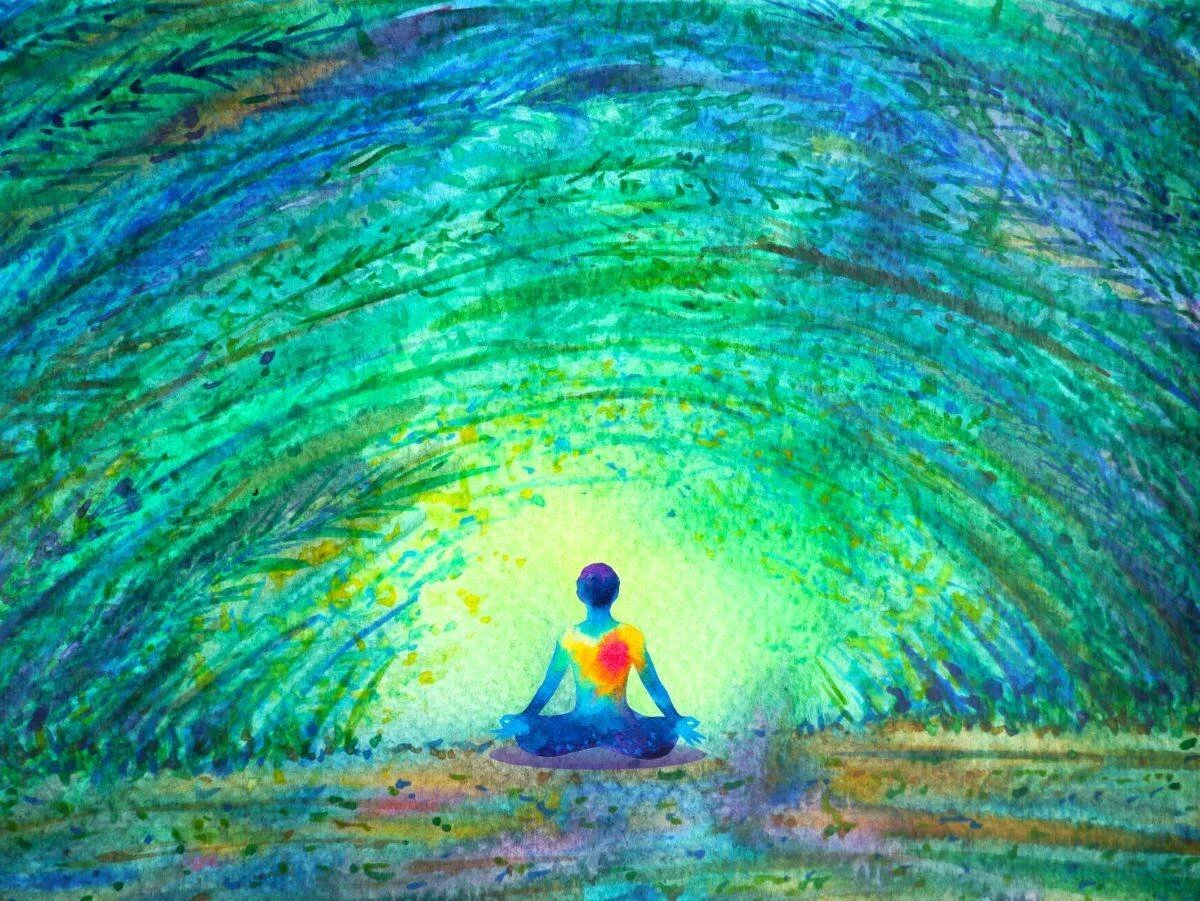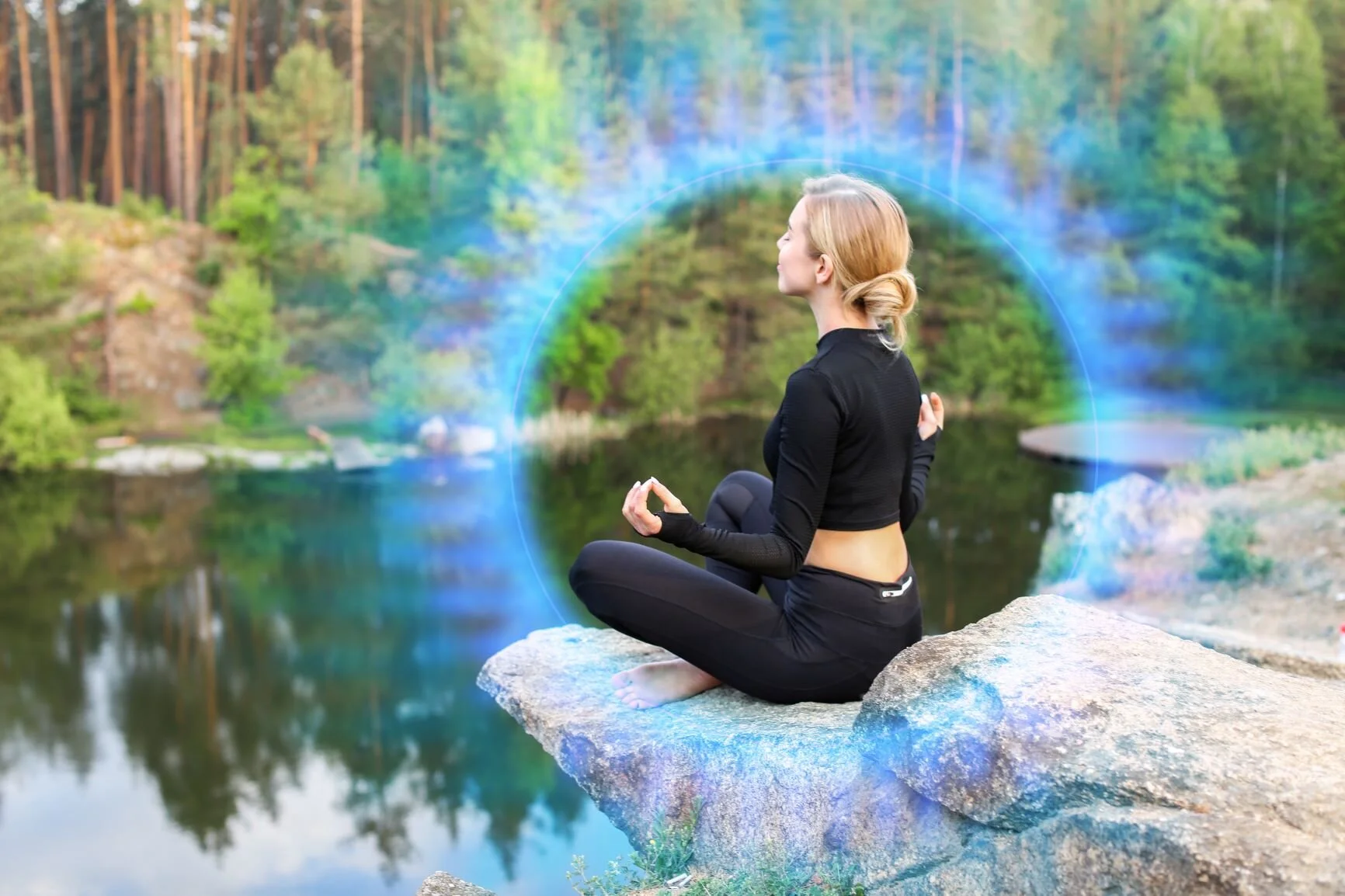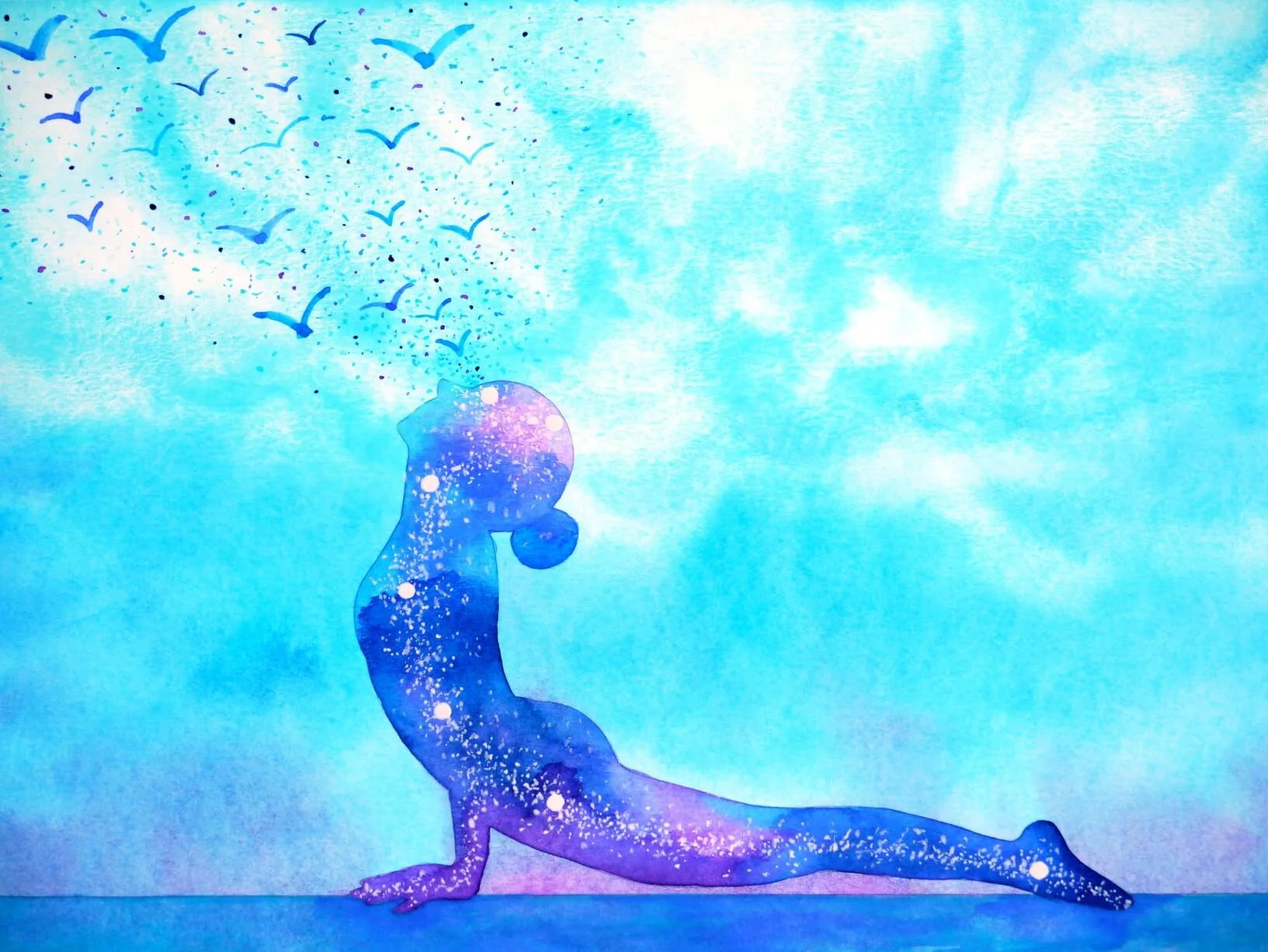During meditation, within a few minutes, you will find yourself relaxing deeply, as if you were several days into a vacation. Then suddenly, aaaoooah, you will find your brain reviewing something that feels like your personal car alarm. This happens because life is ruthless in its own way. You may want meditation to be a blessed respite from your life, and it will be, for a few minutes. Then your brain and entire body start to engage in a deep process of reviewing every time your alarm system went off, and assessing: was this really a danger? Does that alarm system need to be adjusted? In the military, this kind of after-action reporting is called a debriefing. Sports teams also debrief, often with video replays of crucial action.
You want meditation to feel like soaking in a hot tub, but suddenly you are in a room with Sun Tzu, and maybe a logistics guy, an intel guy, and a cartographer, and they are all interrogating you on why you pushed the panic button or called in an air strike on your own position. They are sitting there with clipboards looking at you and asking, "You called in Broken Arrow. What was your justification for that? What were you seeing, hearing and feeling?"
This aspect of meditation feels extremely uncomfortable, like watching a frame-by-frame replay of how you miscalculated something.
It is ruthless because your body-mind system wants to review exactly what your senses - your spies - were telling you, and exactly how you interpreted this data and said, "It's a threat," and then exactly what alarm or stress response you invoked. This will go on for a grueling 30 seconds or couple of minutes, then you will be in the hot tub again, relaxed more deeply than before, for a couple of minutes, then back to the room with Sun Tzu. (For an interesting story of when Broken Arrow was called, see We Were Soldiers with Mel Gibson).
Why does this happen? In essence, because it's natural. Your body, your brain, are part of life on earth, the hundreds of millions of years that nerves and senses have been evolving. This deep instinctive intelligence in you is a master of survival. Meditating is somewhat of an unusual situation because what you are doing is paying close attention to this intelligence functioning. Mostly you have to just let it work and learn from it and give it permission. Your body wants total elegance and grace, to move through the world with animal alertness, and an almost molecular precision in how much energy you expend on recognizing and adapting to dangers.
Your brain is not imitating the way the military debriefing or sports coaching works. It's the other way around. The military and sports coaches are utilizing the way the brain works. They conduct debriefings because this is the way the human brain works at its best, and they want to do what works. Military action and sports are always about success through exact application of force or energy, also speed, timing and synchronization. And they are always about learning from mistakes.
The debriefing process is painful and wonderful and educational, and when it is over, you can safely feel great, because you have learned from your mistakes on a deep level.
Keep in mind, when you meditate instinctively, your body goes into a state of rest deeper than deep sleep. This is healing, and your body-mind system conducts some of the brain rejuvenation that is usually does only during sleep. In meditation, we are simultaneously resting more deeply than sleep, and awake and alert. So we have to learn to put up with processes having to do with life maintenance that the body & mind do whenever we rest deeply. The brain and body do this same review when we are sleeping and dreaming, and the threats show up symbolically in the characters and plot structure of our dreams. When we are meditating, the review shows up as "feelies" – short video clips with sound tracks, emotions, and intense physical sensations. And we feel everything intensely because we are not only awake but more aware than usual.
The reason your body-mind system will zero in on the times during the day you felt afraid or invoked the stress response is because the response is so expensive energetically. The body stops everything else it is doing – resting, healing, digesting, learning, enjoying - and just focuses on the threat. This is absolutely great if you are in immediate physical danger of the kind that requires you to suddenly run a few hundred feet or instantly leap into combat. If the danger is not immediate, within a few seconds, you are like a car sitting in the driveway revving the engine up to 5000 rpm. A waste of good energy. Most human illness has a stress component, because the stress response wears out the body in various ways. Doctors have known for decades that 80% of all office visits are caused by the wear and tear of stress, and recently the percentage has been revised upwards.
I know this is a challenging point, but if you can stay with me here and really get this, it will change your life and meditation will forever be much easier.











